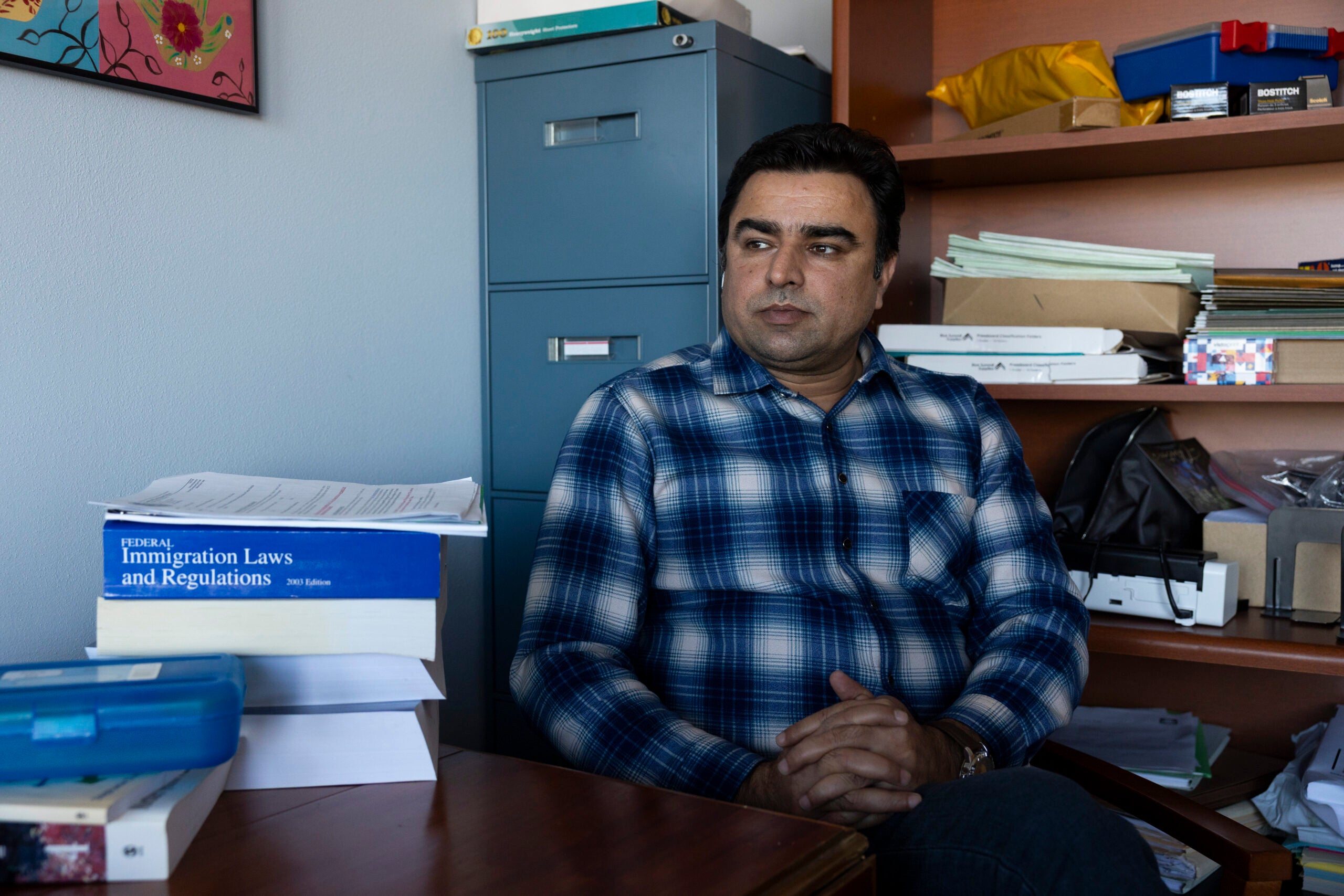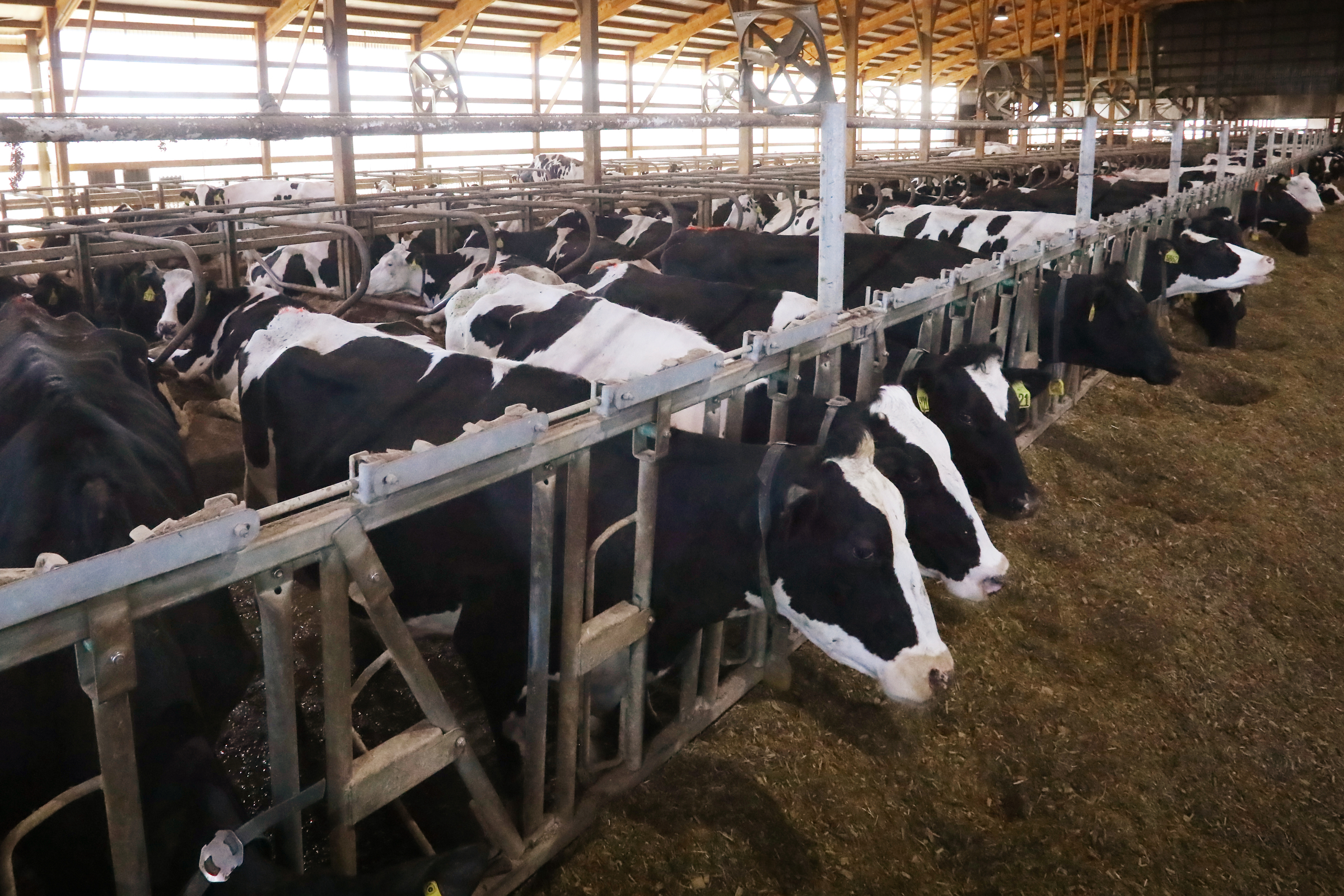Tourism season is underway in Wisconsin — and two figures in the Door County business community say they’re optimistic about this year’s tourist season, despite turmoil from student visa changes, tariffs and fears of a drop in international tourism.
International tourism is projected to drop 9.4 percent to the United States this year, according to data from the research firm Tourism Economics.
And while international travel is a small fraction of the total of tourism to Wisconsin, this comes as hospitality industries are already facing other struggles. The New York Times reports tariffs could increase the costs of imports for hotels, and concerns over workforce shortages persist.
News with a little more humanity
WPR’s “Wisconsin Today” newsletter keeps you connected to the state you love without feeling overwhelmed. No paywall. No agenda. No corporate filter.
Door County businesses tend to fill their seasonal staffing needs with students in the United States on exchange visitor visas, commonly known as J-1 visas. Students with this kind of visa usually travel to the U.S. for work- or study-related cultural exchange programs.
Annually, almost 280,000 students from outside the U.S. participate in the exchange visitor visa program, according to the U.S. State Department.
On Tuesday, the Trump administration introduced additional uncertainty to the J-1 visa program after Secretary of State Marco Rubio announced a pause on scheduling new interviews for foreign students applying to study in the U.S. It’s unclear how long the pause will remain in effect.
Julie Gilbert is the president and CEO of Destination Door County, a nonprofit organization working to increase visibility for Door County. She told WPR’s “Wisconsin Today” that J-1 visa students are vital to the county’s businesses.
“With the number of visitors that we typically get throughout the season, many of our hotels struggle to recruit enough U.S. workers during those peak seasons,” Gilbert said. “So without reliable access to temporary international labor, it really puts our businesses in a very tough situation.”
Denise Stillman is an owner and operator of Parkwood Lodge in Fish Creek. She said the J-1 visa process can force local businesses to struggle to fill the spots needed in the area if the number of requested visas falls short of demand.
“We interview and choose the people way in advance, and we don’t know until the very last minute if they’re going to get their visa or not,” Stillman told “Wisconsin Today.” “I’ll ask for nine [students] but then we found out in the spring there were two we weren’t going to have. We really had to scramble with some other businesses and with the InterExchange program to try and backfill those people who didn’t get their visas.”
Stillman said many of the J-1 visa students she works with aim to use English skills in-person and experience U.S. culture.
“We try to do things once a month where the students all get together for a picnic or a barbecue or go to the fireworks and experience real American culture, beyond just driving to Walmart to do their grocery shopping,” Stillman said.
Stillman said while her business has faced only minor difficulties getting enough J-1 students for this summer season, she’s concerned what a pause could mean going forward.
“It would be a shame for our workforce, and it’d be a shame for the experiences that the students have while they’re in our country,” Stillman said.
Despite uncertainty going into this tourism season, Gilbert argued Door County is in a good position.
“We know that travelers are prioritizing visits to friends and family, beach trips and road travel, which we all fit very nicely within,” Gilbert said. “People are being cautious, and they are wanting to stay close to home … our origin markets are Chicago, Minneapolis, Milwaukee [and] Madison. We have the experiences that people are looking for.”






